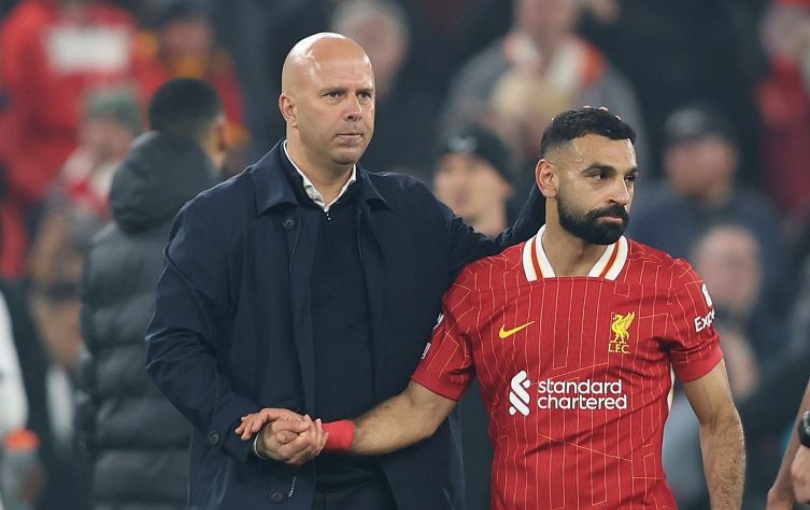Javi Martinez: How to play the holding role
FFT asks Javi Martinez all about the art of playing the holding midfield role, the mental strength he's needed to overcome serious injuries and rondos
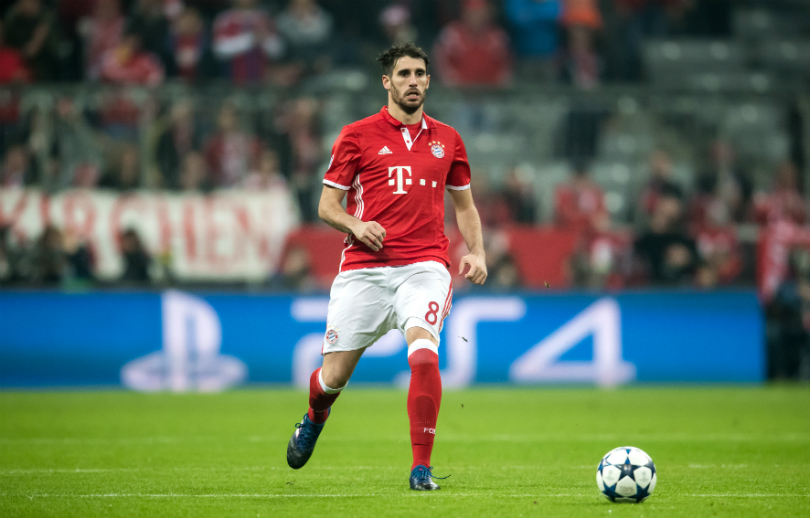
Describe the Javi Martinez way.
The ball is, and always will be, my friend. I need to touch the ball and I suffer if I don’t have it. When the opposition have got the ball, then it is my job, whether I’m playing as a central defender or a defensive midfielder – to fight to win the ball back in one-on-one situations. My role is a defensive one, to help my team-mates all of the time and to give them what they want: the ball.
What drills should a youngster be practising to dominate a match while playing in the pivot role?
Above all else, your positioning is so important – it is almost an art form. Putting yourself in the right place in an attacking and more defensive sense, to receive the ball is crucial. Drills that teach a young player to anticipate controlling the ball on the half-turn, so they can ‘roll out’ to the next man and keep the move going, are fundamental. But there’s more. You must also learn about the first pass and the long ball to switch the direction of attack. Always think: ‘How can my next pass hurt the other team the most or help my own team?’
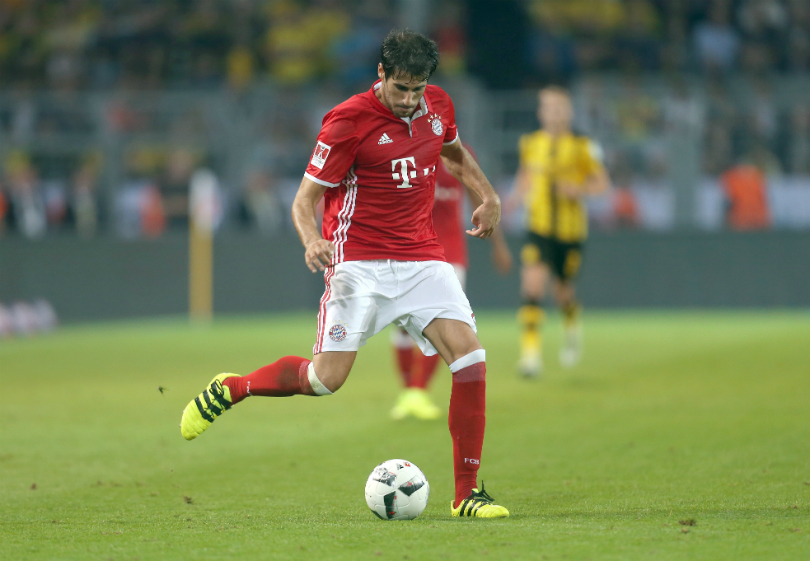
You have played a lot of games as both centre-back and defensive midfielder. How do the physical demands of the two different positions compare?
They are very similar, especially under Pep Guardiola at Bayern Munich. He always wanted me to play as a third central midfielder and to move up to help the attack and dominate the ball. Under Carlo Ancelotti it is now a little different, as there’s a slightly greater emphasis on defending. But my role is still to use my physique and get upfield. I’ve always said that I’ll play where the team needs me. That will never change.
And tactically, how do they vary?
Get FourFourTwo Newsletter
The best features, fun and footballing quizzes, straight to your inbox every week.
At the start, playing as a centre-back was really tough. I had played there under Marcelo Bielsa with Athletic Bilbao, but that was man to man marking so switching to zonal under Guardiola was difficult. It took hours and hours of hard work in training to really understand when to press the ball and to change your outlook, but in the end it’s become second nature. Now I feel very comfortable there – it proves what hard work can achieve.
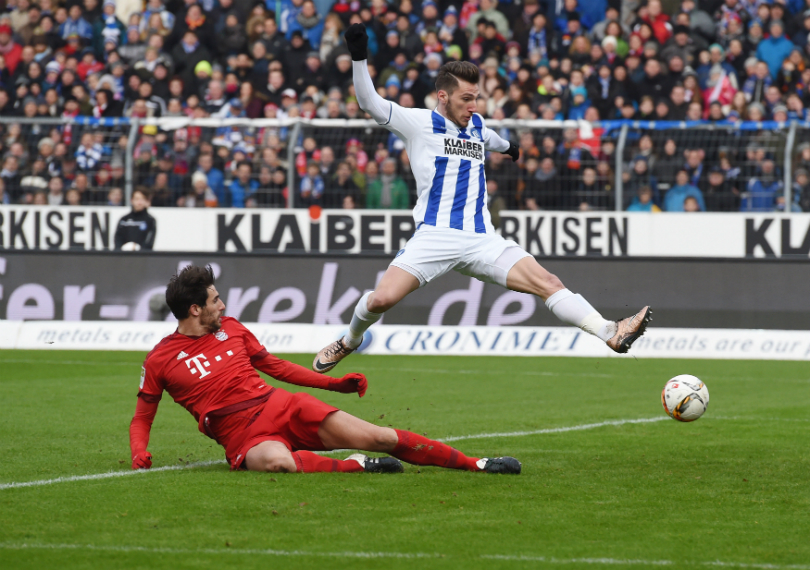
How would you explain your style of play to a Martian if aliens landed?
[Laughs]. That I’m the team’s helper. That I can do that role either for an individual who needs support or for the team as a whole by organizing players positionally. That I always give my maximum in every moment.
You’ve suffered a couple of serious injuries in recent years – mentally, how difficult is it to deal with an extended layoff on the sidelines?
You have to be very patient. You have to watch your team-mates train and play but eventually you come back to doing what you love. Once you’re able, you have to train to the maximum your body allows you. I’m strong mentally, so I was able to recover.
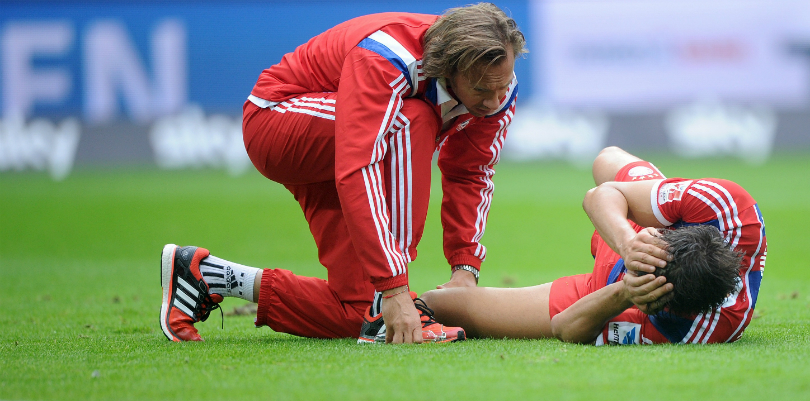
The use of rondos by Spanish clubs has become famous in recent years. How do they improve you as a player?
They teach you the fundamentals of the possession game – how to pass the ball, when to do so and where to position yourself in order to give your team-mates the best possible angle to pass you the ball. They’re good fun too – it’s like you’re not learning at all.
Who gets the lads going in the Bayern Munich dressing room?
There are a few guys in the dressing room who get us all fired up before the matches, but Rafinha is always joking before kick-off and getting us ready to go out and play. He’s a great guy, one of my best mates in football.
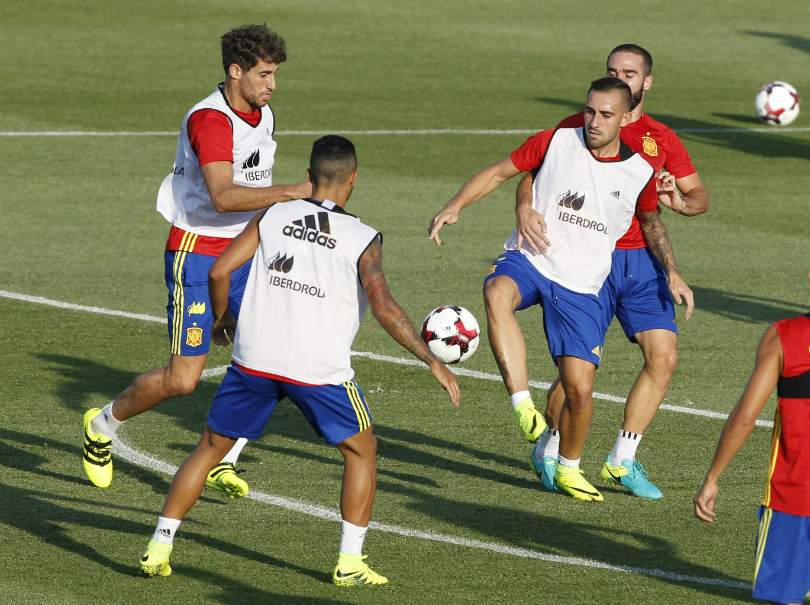
With today’s round-the-clock sports coverage, is it possible for a modern player to relax away from the pitch?
Definitely, I think that’s really important. I like playing on the PlayStation. I love the cinema and doing new things. This season I’m going to do a long-distance learning course with a university back home in Spain, as I did not like leaving my studies behind. I have always been interested in journalism, so I’m going to get involved in that and see how it goes. Who knows, it could possible be something to do after I finish football?
You’re the youngest of four siblings – how did your upbringing as a child influence your career as a footballer?
Hugely. I would always attempt to copy my brother from an early age. He’s nine years older than I am. I was always trying to play with him and all of his friends around our village and I’d usually follow him to games when he played the Athletic Club second team – I owe my brother a great deal and he has always been a reference point for me.
Recommended stories
Marco Verratti: How to be a deep-lying playmaker
Andrew Murray is a freelance journalist, who regularly contributes to both the FourFourTwo magazine and website. Formerly a senior staff writer at FFT and a fluent Spanish speaker, he has interviewed major names such as Virgil van Dijk, Mohamed Salah, Sergio Aguero and Xavi. He was also named PPA New Consumer Journalist of the Year 2015.
